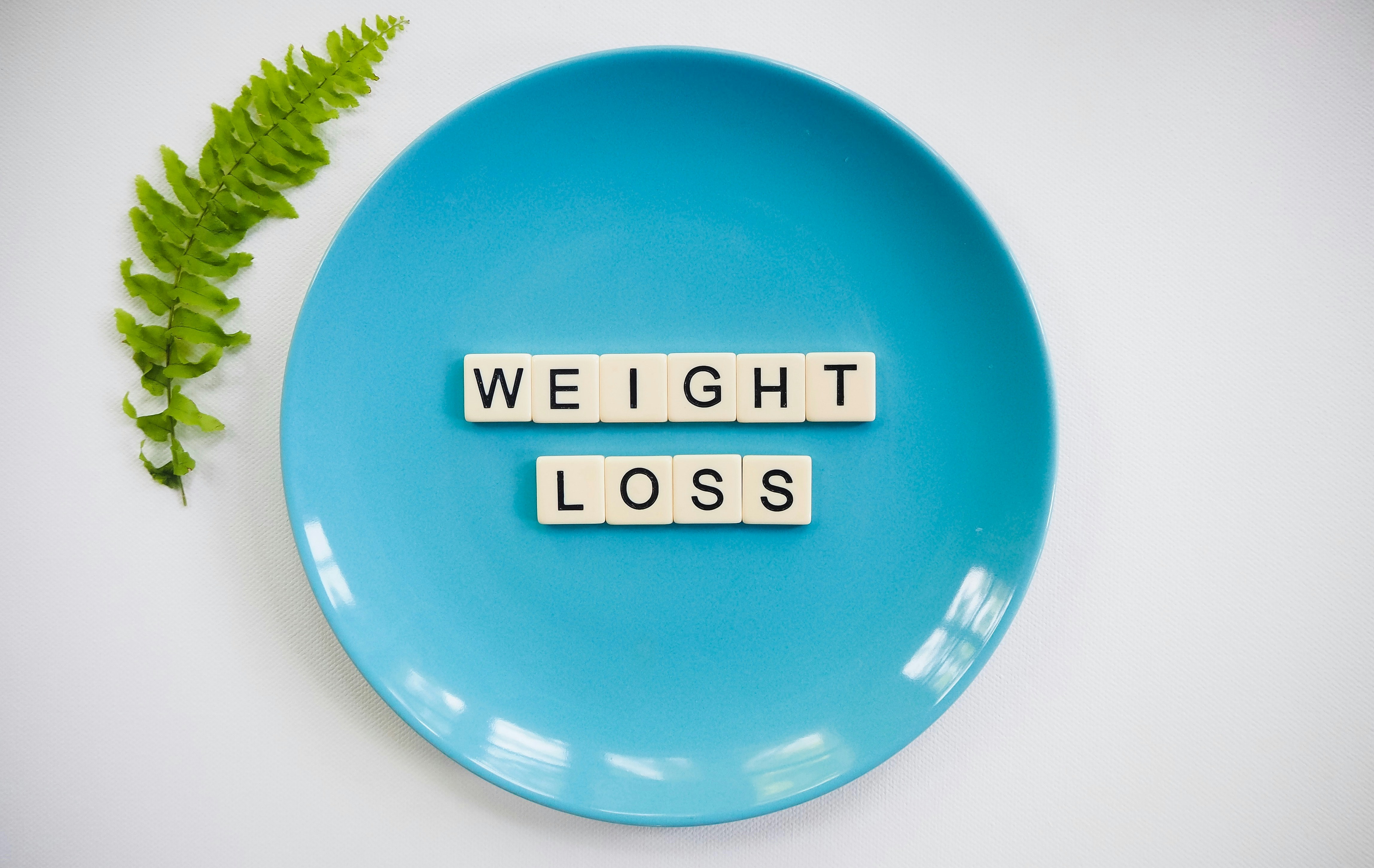Many people experience an unintended weight gain following kidney transplant. This is often due to numerous dietary restrictions being lifted, an overall improvement in health, and the use of immunosuppressive medications, which help to reduce the risk of organ rejection but may contribute to weight gain as a side effect.
Obesity and kidney transplantation
The problem with excessive weight gain is that obesity (Body Mass Index ≥ 30 kg/m²) may put a strain on your new kidney. Obesity may increase the risk of early loss of the donor organ, metabolic issues such as diabetes or delayed wound healing after transplant surgery. To keep track of your weight, your medical team often calculates your body mass index (=BMI).
Therefore, it is always beneficial to monitor your weight and BMI regularly after a kidney transplantation. In this article, we have put together 10 tips to help you maintain a healthy weight in the long run.
Preparing food after kidney transplantation
Regardless of your weight, you should always follow the recommended guidelines for preparing food after kidney transplantation. Following these guidelines may help to prevent potential harm to your new kidney while taking immunosuppressive medications. You can also get helpful information on this topic by contacting your medical team or looking up related blog articles in the Mizu app.
10 practical tips for weight loss
Weight changes do not happen overnight and require perseverance. These tips and tricks are not miracle solutions but rather practical suggestions to help you incorporate long-term healthy habits into your daily routine. You can best judge what works best for your personal situation.
1. Engage in regular, light physical activity
Opt for gentle activities such as walking, cycling, or swimming. Consult your medical team beforehand to determine which exercises are best suited for you.
2. Practice mindful eating
Try to eat slowly and mindfully, pay attention to your body’s signals regarding your hunger, and avoid unconscious snacking.
3. Avoid sugar and processed foods
Choose fresh and unprocessed foods that help keep your blood sugar levels stable. Ensure that you prepare your meals according to the recommended food preparation guidelines after a kidney transplantation.
4. Plan your meals in advance
Preparing healthy meals in advance may help to avoid spontaneous and excessive snacking and sticking to a healthy diet.
5. Get enough sleep
Good sleep quality helps reduce cravings and gives you energy for daily activities. It is generally recommended for adults to get 7 to 8 hours of sleep per day.
6. Manage stress
Try relaxation techniques such as yoga, meditation, or breathing exercises to reduce stress and prevent food cravings.
7. Build a strong support network
Connecting with others in similar situations or support groups can be motivating. Family and friends can also play a key role in encouraging you. Additionally, consider joining support groups or patient networks that share similar goals and interests.
8. Set realistic goals
Smaller successes, such as losing one kilogram per month, provide long-term motivation. Keep track of even the smallest achievements – this helps you monitor your progress over time and stay motivated.
9. Integrate movement into daily life
Break up long periods of sitting by walking short distances or doing light exercises to stay active. Have you considered taking the stairs instead of the elevator at least twice a day?
How to get started?
Before you begin, consult your medical team to ensure you receive the best support on your journey. They can provide you with valuable information and weight loss tips. Additionally, discuss all lifestyle adjustments with your doctor to ensure they align with your specific needs.
















